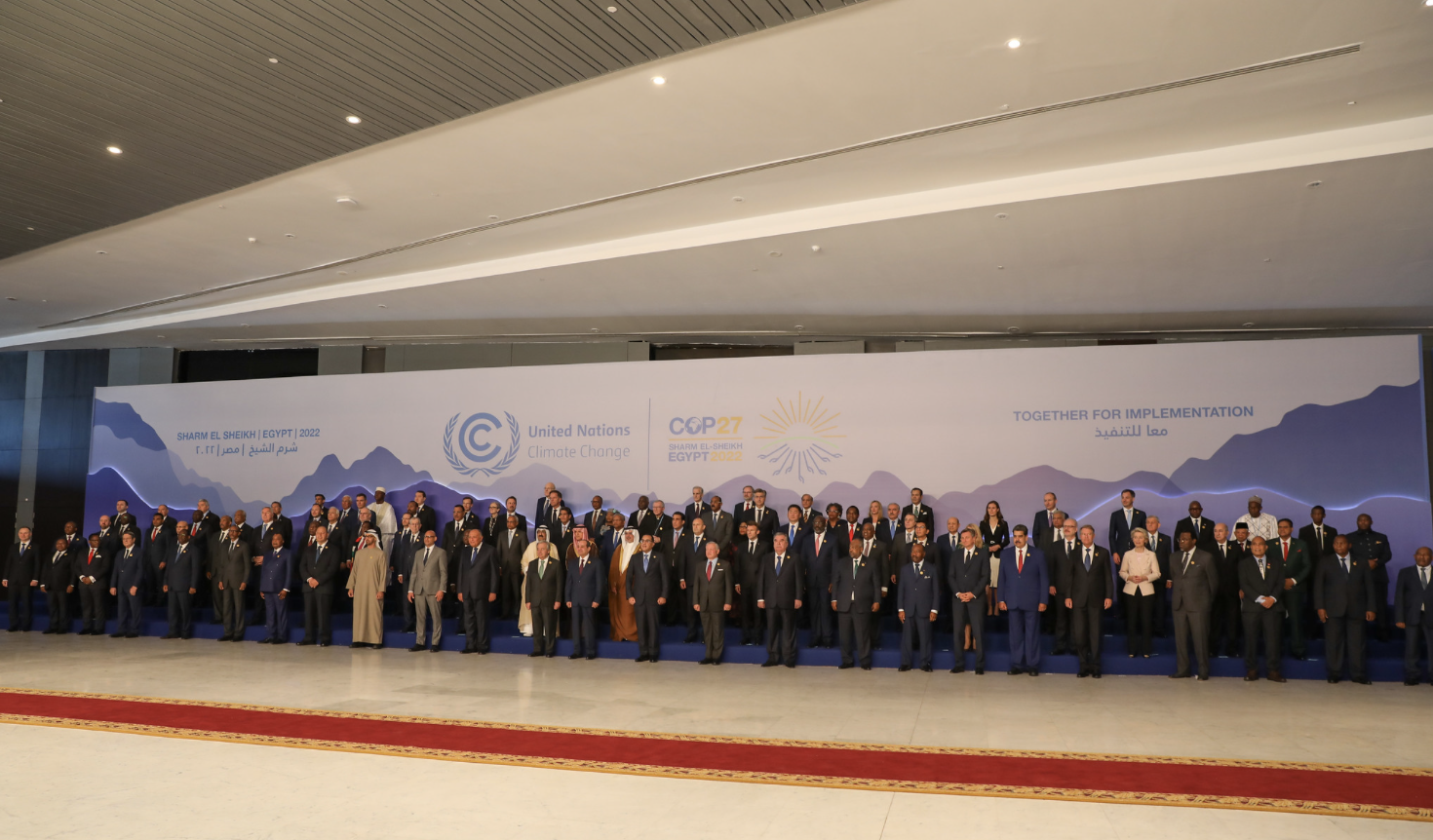Democracies can’t afford to exclude women from the fight against climate change

It is no secret that women are disproportionately exposed and vulnerable to the risks of climate change, given the role(s) they assume in many of our societies. And yet, they remain dramatically underrepresented in climate negotiations, policymaking, and climate action. Last year’s COP27 made for a somber example: No more than 7 of the 110 heads of states present at the inauguration were women, and with less than 34 % women negotiators, the meeting in Sharm El-Sheikh was in fact the least gender-equal UN climate summit in years.
That´s unacceptable. Women’s inclusion must be central on the climate change agenda not only because many of them are so strongly affected. Women need to be involved in the discussion not only because they represent roughly half of the world’s population. Advocating for the meaningful participation of women in climate policy and negotiation, from local to global level, is not only a moral duty or matter of fairness in democratic societies: it’s also imperative because their exclusion stands in the way of finding solutions to a challenge of historic dimensions where every idea counts, every voice is needed, every contribution essential. Women are essential in the fight against the climate crisis, for a number of reasons.
Firstly, because of the roles women often assume, reducing gender inequality can contribute to reducing emissions. A simple example: equal access to education and other resources can allow women to change their agricultural practices and increase efficiency which, in turn, reduces the need for more farmable land and, thus, deforestation.
Secondly, in the face of a changing climate, governments and institutions must build resilience against food insecurity, resource scarcity, and economic volatility that will likely rise with global temperatures, as well as against the risks natural disasters pose for democratic processes and freedoms. In large parts of the world, women are key managers of food systems and natural resources, conducting work which is largely unpaid but crucially must be accounted for in order to prevent famines and instability. Here, women’s and girls’ sustainability education is central, not the least in technology and innovation, as highlighted by this year’s UN International Women’s Day theme.
Finally, equal inclusion of women in deliberation and decision-making processes can be a gamechanger for democracies’ ability to effectively address climate change. Too many democracies’ climate action has been constrained by short-termism, narrowly national focus, and policy capture through vested interests in the past. This is not new, it’s not entirely surprising, but it’s also not inevitable. As it turns out, women are particularly likely to make decisions in the interest of the planet and its future generations. Women politicians and voters – in high-income countries in particular – are frequently found to have a higher concern for climate and environmental matters, as a product of gendered socialization and societal roles. Moreover, socialization is likely why women tend to be less corrupt and have more democratic leadership styles than their male counterparts. Studies from national parliaments to local policy interventions consistently demonstrate how climate action improves when women are involved. And research has shown, time and again, strong correlations between gender equality indices and measures of environmental and climate performance.
As we see, achieving gender equality (SDG 5) is essential to effectively address climate change and its impacts (SDG 13). At the same time, it is important to stay clear of assuming women’s empowerment a panacea for climate change; both because it would put them under disproportionate responsibility, and because this discussion is less about assuming women to take certain roles, but rather about fostering cultures and values of diversity and sustainability. As a recent feminist publication on the topic put it: “Female parliamentarians should not be expected to make a difference, rather political systems allowing gender diverse representation can be expected to support equalitarian social values that are paramount to achieving sustainable societies“.
If diversity and inclusion are fundamental to sustainable societies, then the photo of 103 men and 7 women heads of states at COP27 is a worrying sign of failure. The 8th of March reminds us of how much women’s movements have achieved in the past – and is a call to action for continuing the fight in the Anthropocene.



